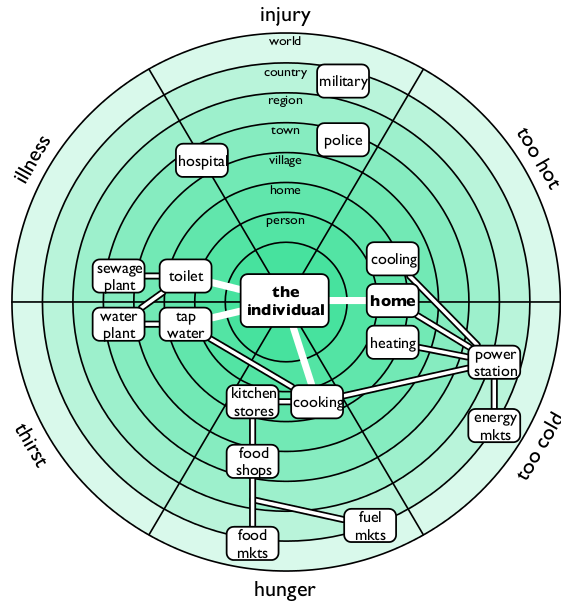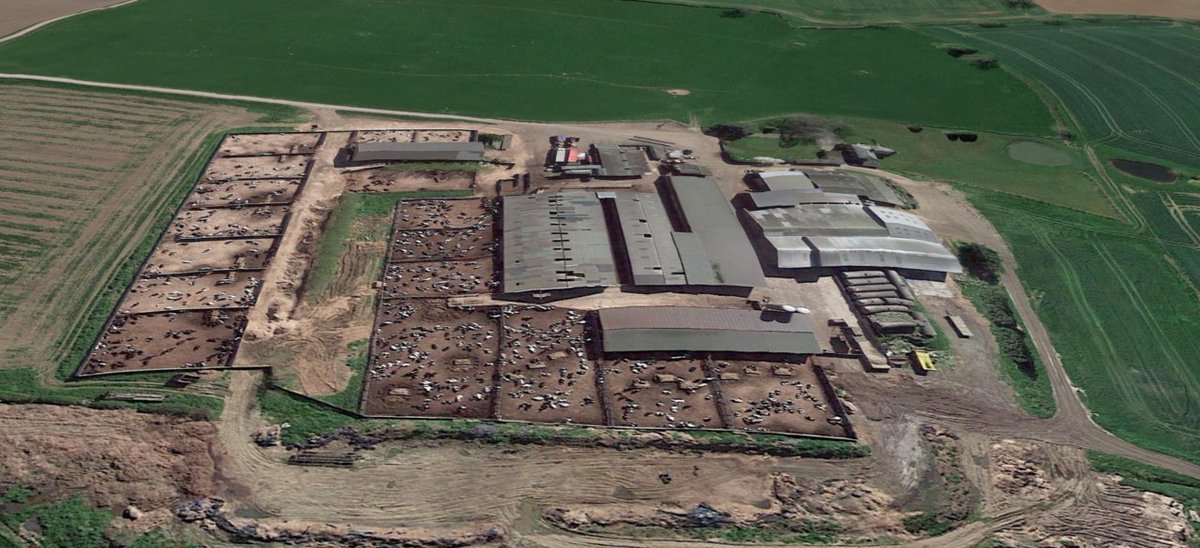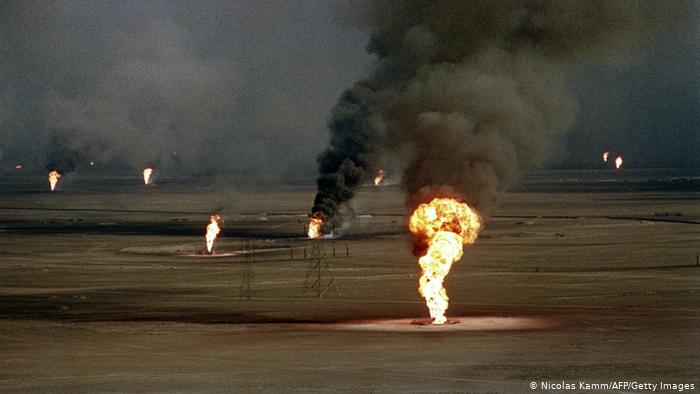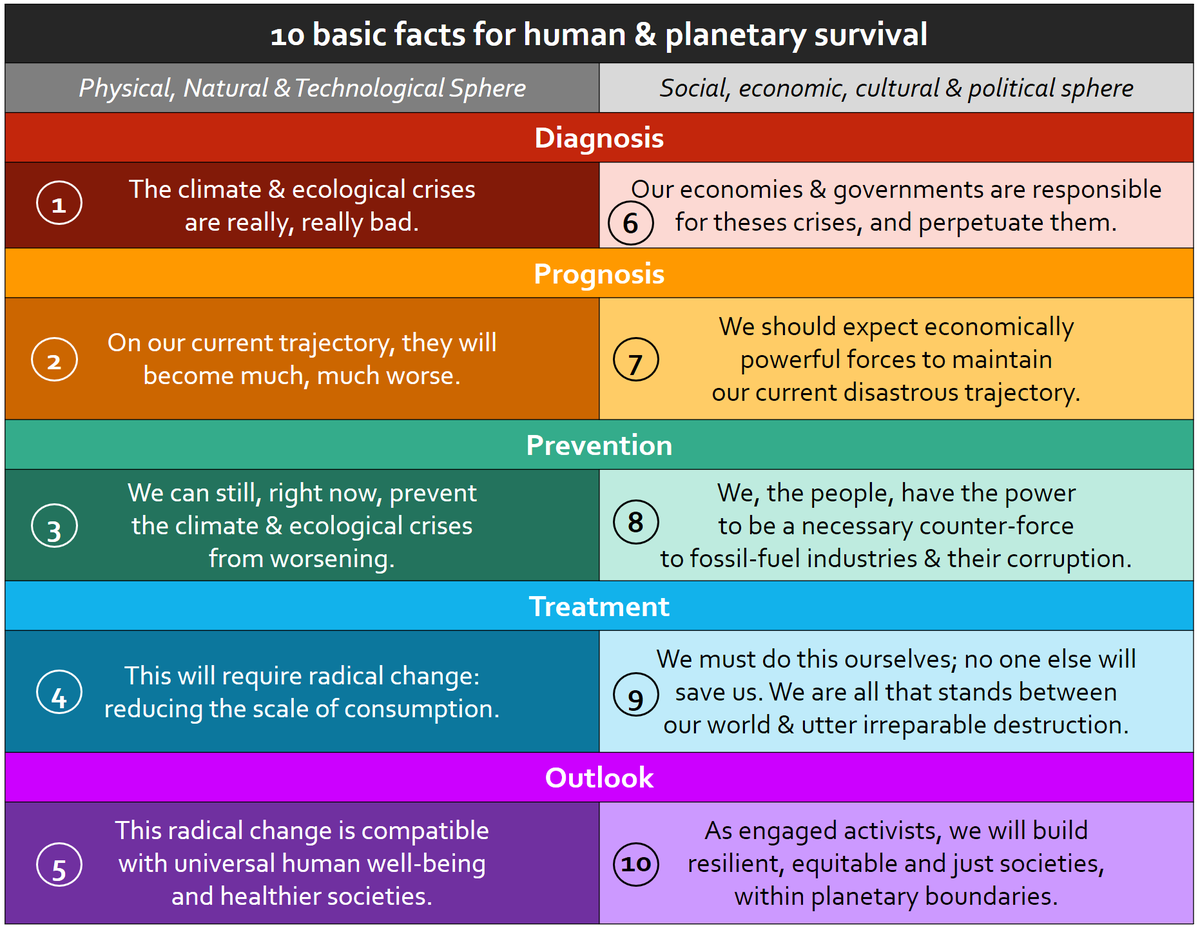Current mood
So let's talk about death, and how to use the knowledge of death to stay alive. This is not easy, but it's short.
Real short.
We have this blind spot because our ancestors who were too sensitive to risk, too aware of death, did not do so well.
Oddly, this is not unique to humans en.wikipedia.org/wiki/Childhood… so we can infer it is not a disadvantage across multiple species.
So a paradox: we are afraid of a thing we cannot see clearly.
This is the template for most horror boogiemen.
So some cultures dismantle this blind spot through processes of initiation. "The yogi dying a little every day, lives forever."
Pretty much all initiations that count, across cultures, start with a confrontation with death. Blind spot repair.
I got rid of the death-flinch. It made me a brilliant scenario planner for certain kinds of worst cases, like this
This is a cognitive tool to allow you to see death clearly. You could call it a necroscope.
You use it to stop death sneaking up on you in your blindspots.

The clothes you wear, the house you live in, the heating in that house, the energy that feeds that heating, the markets that feed that energy.
That chain of cause and effect, keeping you alive, is a supply chain. It's an artery to you.
I'm guessing pretty bad. This is a really complicated piece of hardware, it would take ages and ages to make, and it was <$1000 to buy
Somebody got screwed
This is why it is hard to use: it requires such profound honesty and moral candour. To understand and protect your fragile life, a darkness must be faced: we exploit to live.
But now we can see what supports us in its fullness. files.howtolivewiki.com/six_ways_to_di… has a more detailed model, shows the links clearly.
Wear a mask, spray the boxes at the door, job done, good job right?
No, but *all the stuff*
Read more about aiac here vinay.howtolivewiki.com/blog/other/int…
Hands up if you're emergency shopping off Amazon right now so you don't have to go to crowded, empty stores looking for things which are no longer there? There's our dependency: there's our risk. Bugs on the deliveries, say?
So now we get some really awkward problems. Farm labourers with sneezes. Agricultural impacts.
Maybe a lot less if they're in their teens and twenties. Coronavirus does not hit the hard.
That's what *pan*demic means: all of us, together, are connected by the risks we share or use our privilege to export to other people.
Who are those people who drop my stuff?
@JeffBezos has to hire immune survivors.
People who don't get coronavirus also do not spread it to each other, or us parked at home. You also badly need these people in hospitals.
1) people who, if they get corona are likely to die (old, ill)
2) general "take your chances if you must" population
3) IDGAF teenagers
4) Immune service workers who do all the high contact stuff.
(4) Are about to make *bank*.
The same "class" or "capitalist" reflex which causes us to generally overlook delivery people also turns into not thinking clearly about infection running along supply chains
And that's what the Dartboard of Death is for: seeing death
When this happens? You have to go out into the risk zone outside.
Is it safe by the time it gets to me, or do I need to leave it out for days for the virus to die off on it?
We are only as safe as our dependencies, and if you pay people minimum wage to do safety critical jobs, you get TSA level performance.
Work from work is service industry and physical infrastructure. The infrastructure people are already safety critical. But service industry people have never been safety critical til now
This is before we get into the situation at the hospitals, which is a whole other thing.
The retraining alone is going to be huge. Plus paid sick leave.
Or you get the Pandemic TSA right
Guys, you know how bad this is, right? They run out of intensive care beds and incubators fast (UK by 5th of March?) and people start dying in corridors soon after.
Medical staff are not really trained for this level of death.
It's only been theory thus far.
20 minutes of mindfulness a day won't do it.
We need the Pentagon's PTSD research.
At a guess, anti-depressant and other drug regimes to stop people getting PTSD, and lots of screening methods to detect it and get people help/rest immediately.
And we have families to consider too. Medic's kids.
Plus many of the will get infected, and some of them will die - while being cared for by friends
1) Pandemic means *society* gets sick, not simply individuals
2) Most of the "cast of thousands" are now safety-critical infection control workers
3) Medical staff are now Special Forces
Think of what WW2 did for women's role in society. That
Rather, it's a professionalization of previously menial roles, and a total renegotiation of hospital staff pay and roles
6 million covid cases at a time. No way.
For older people the stats are so much worse. Care homes etc. very bad things.
Compare this to
So we, as a culture, better get used to renegotiating our relationship with death now. Everyone you know is going to lose somebody close to them. Everyone you know will bury somebody.
I think this is going to be really bad. We may need an awful lot of internet-based grief counselling.
Can we change that? A different kind of discourse? An emotional language which carries feeing? New poetry
Education? Dating? How is life going to work in these times? Kids who can't visit parents for fear of infecting other old relatives?
How long does this last?
It depends. Two years?






